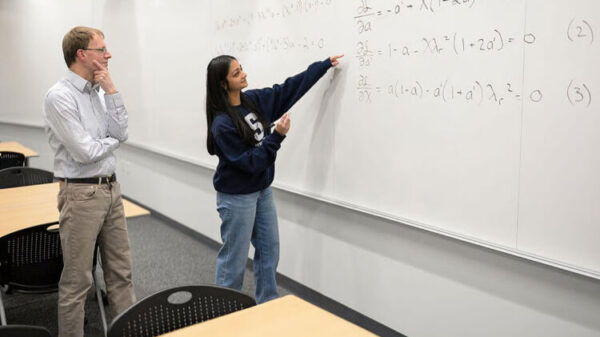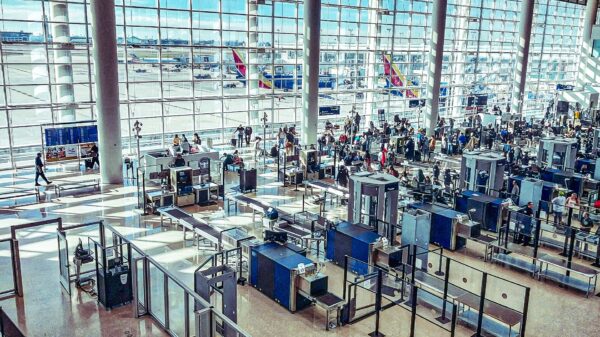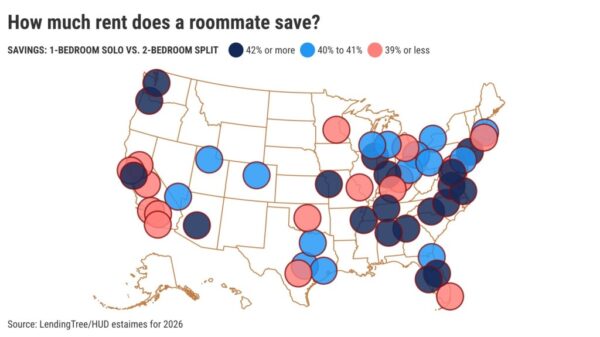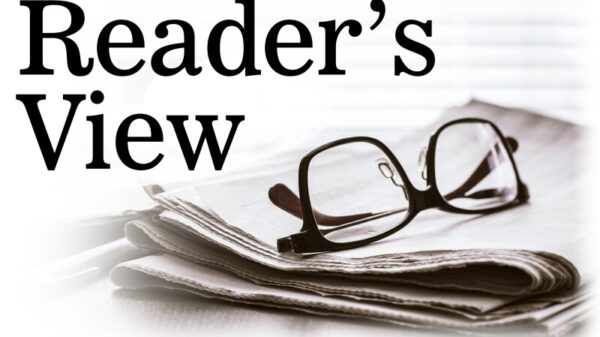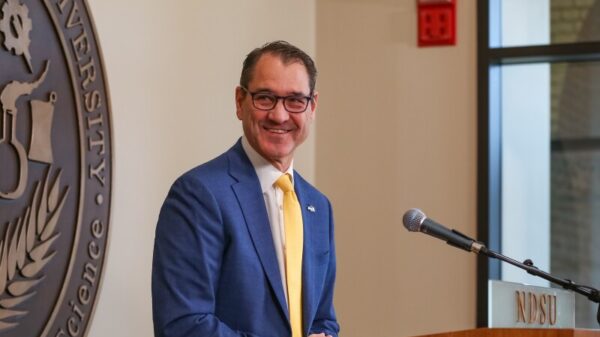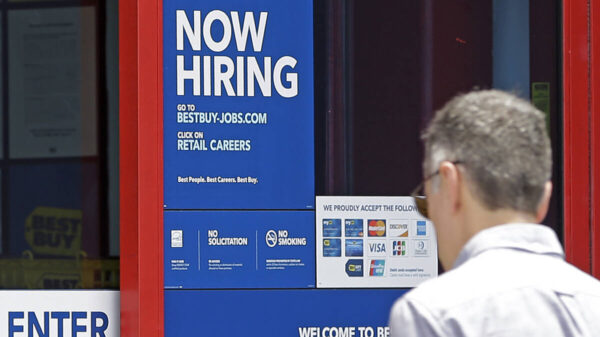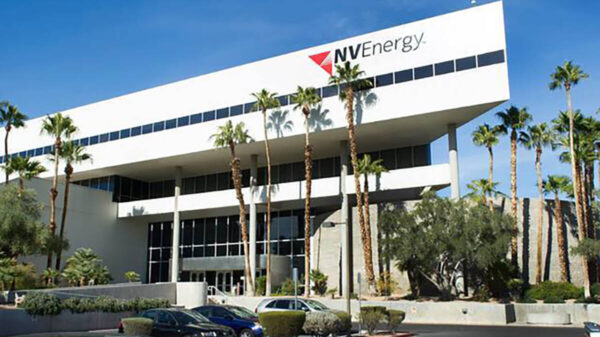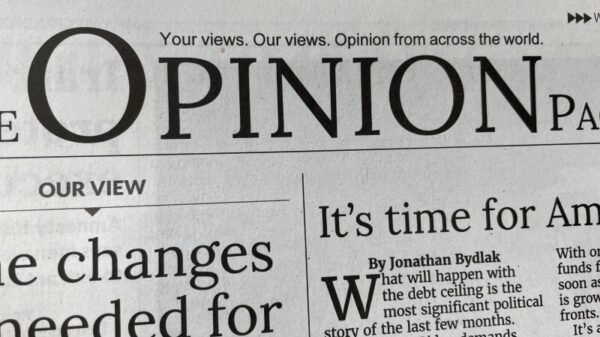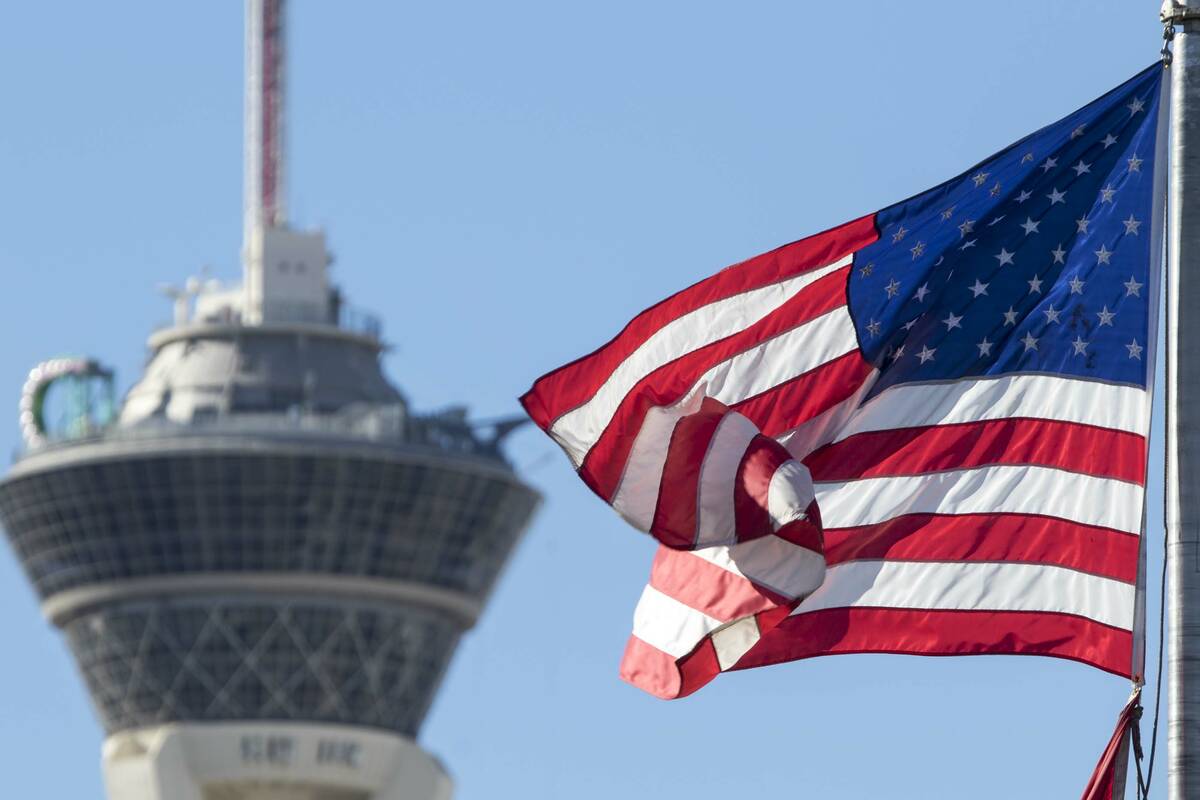Labor Day, celebrated annually in the United States, honors the contributions of workers and marks the end of summer. Its origins differ from European celebrations, which have roots in socialist movements. According to Julia Vitullo-Martin, editor of “Breaking Away: The Future of Cities,” the European Labor Day was established during the first Paris Congress of the Second Socialist International in 1889. This day was intended as a protest, with workers enforcing a holiday on May 1, regardless of the day of the week.
In contrast, the American Labor Day has evolved into a festive occasion rather than a day of conflict. The inaugural Labor Day parade took place in New York City in September 1882, organized by key figures like Matthew Maguire, a machinist from Paterson, New Jersey, and Peter J. McGuire, a carpenter involved in founding the United Brotherhood of Carpenters and Joiners. This event did not result in violence, as it was marked by a spirit of camaraderie rather than confrontation.
The Evolution of Labor Day in America
By 1894, the significance of Labor Day was recognized at the highest levels of government, with President Grover Cleveland signing a bill to make it a national holiday. Unlike the European observance, which often involved clashes between workers and law enforcement, the American approach has been characterized by family gatherings, parades, and community activities. Ms. Vitullo-Martin suggests that this inclusive nature of the holiday reflects a broader understanding of labor that transcends class divisions.
The different historical contexts of Labor Day in the United States and Europe illustrate contrasting attitudes towards labor. In Europe, the socialist labor movement often adopted a dualistic view, depicting workers as virtuous and employers as exploitative. The aim was to redistribute wealth from employers to workers, a stance that can foster division. In America, however, early labor leaders like George Meany encouraged a more harmonious relationship between workers and employers, focusing on collaboration and mutual benefit.
Celebrating Achievements and Community
American workers have long understood that their efforts contribute significantly to the success of their employers. This realization has led to a gradual shift away from confrontational labor tactics. The decline of adversarial unions in favor of cooperative approaches underscores the evolving landscape of labor relations in the United States.
Today, Labor Day serves not merely as a holiday but as a reminder of the achievements and progress made by workers throughout history. It is a time to reflect on the value of labor and the role it plays in shaping society. The observance is a celebration of hard work and dedication, allowing individuals from all walks of life to come together in recognition of shared achievements.
The ongoing evolution of Labor Day illustrates the American spirit of resilience and unity. It is a day not only for relaxation and enjoyment but also for honoring the contributions of workers who have built the nation. As the holiday approaches, it encourages reflection on the labor movement’s history and its significance in contemporary society.






